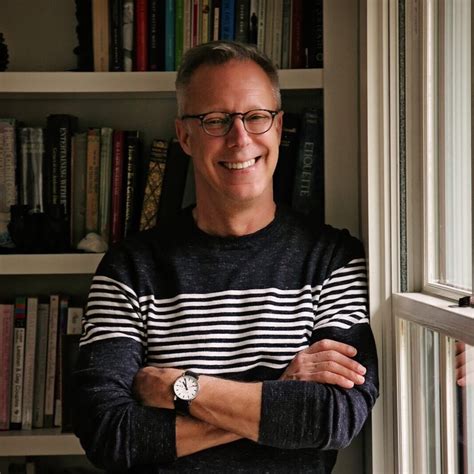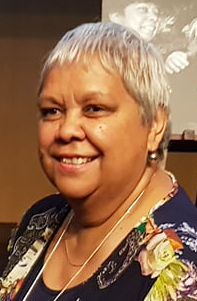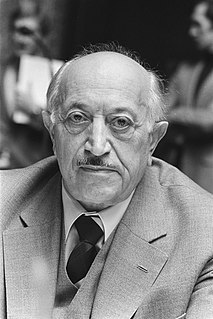A Quote by Steven Petrow
I'll tell you what gives me hope. After the struggle for marriage equality, the LGBTQ community has built some very powerful organizations; in particular, I'm thinking of HRC (the Human Rights Campaign), GLAAD... but there are many, many others, too. Along with those organizations come some savvy and tested leaders who have come to understand not only how to change hearts and minds but also legislators and judges votes.
Quote Topics
After
Along
Also
Built
Campaign
Change
Come
Community
Equality
Gives
Hearts
Hope
How
Human
Human Rights
Judges
Leaders
Legislators
Many
Marriage
Marriage Equality
Me
Minds
Only
Organizations
Others
Particular
Powerful
Rights
Savvy
Some
Struggle
Tell
Tested
Thinking
Those
Too
Understand
Very
Very Powerful
Votes
Related Quotes
Organizations have to come to grips with the fact that tests of adaptive capability aren't always pleasant. Learning can be a powerful emotional event, and organizations have to be cognizant of that. They must understand that those who complete high-quality executive education programs are going to see the organization with fresh eyes after they return. Those who re-enter the workplace filled with new enthusiasm and new ideas often find a chilly response on the part of their supervisors.
What will solve our problems is a specific set of ideas built on bedrock principles that made America the greatest nation to begin with and applying those principles to the unique challenges of this new century. And those principles are not complicated. It begins with a notion that this nation was founded on a powerful spiritual principle, that our rights do not come from government. Our rights do not come from our laws. Our rights do not come from our leaders. Our rights come from God.
To my mind, you cannot speak about the need for leadership within our communities without being prepared to take on responsibility yourself. It's not enough to point the finger at those who have let us down and to expect others to come forward and fix our problems. Nor can anyone afford to call themselves a leader unless they truly have the interests of our community at heart. Too many people like to think they are leaders and too many are identified by the media as leaders who are not really leaders at all.
Some legislators only wish to vengeance against a particular enemy. Others only look out for themselves. They devote very little time on the consideration of any public issue. They think that no harm will come from their neglect. They act as if it is always the business of somebody else to look after this or that. When this selfish notion is entertained by all, the commonwealth slowly begins to decay.
Through my Faith-Based and Community Initiative, my Administration continues to encourage the essential work of faith-based and community organizations. Governments can and should support effective social services, including those provided by religious people and organizations. When government gives that support, it is important that faith-based institutions not be forced to change their religious character.
For me the Holocaust was not only a Jewish tragedy, but also a human tragedy. After the war, when I saw that the Jews were talking only about the tragedy of six million Jews, I sent letters to Jewish organizations asking them to talk also about the millions of others who were persecuted with us together - many of them only because they helped Jews.
Many in the trans community are fed up with L.G.B.T. organizations that continue to erase trans identity or just give lip service to trans issues. We need our cisgender allies - gay and straight - to treat transgender lives as if they matter, and trans people need multiple seats at the tables in the organizations that say they're interested in L.G.B.T. equality; this absence has been painful since Stonewall.
Well, my view before was a Western view, and I certainly understand marriage equality and civil rights, equal rights for all, but having visited developing nations and some of the poorest nations in the world, I realize how deep it goes and how much work really needs to be done to create equality for all.
The message of our campaign is "Make every mother and child count". This campaign is not just about health. It is also a powerful call for radical progress in women's rights and the rights of their children. Too often, the health of mothers and children does not count. In too many parts of the world, they are forgotten.
































